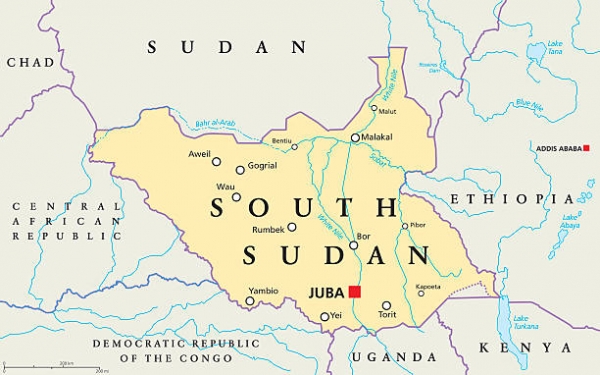On 20th June, Nicholas Haysom, Special Representative for the country and head of the United Nations Mission (UNMISS), told the Security Council that there has been a lot of progress so far in South Sudan. The different parties have in fact reached an agreement on a single joint state structure. What is needed is strong national leadership, with a visible commitment to fulfill its responsibilities under the 2018 Peace Agreement. In his speech, the parties were therefore urged to take the necessary measures to exit the transition period.
It is now necessary to agree on an action plan for the outstanding issues. These include the deployment of the necessary unified forces, the passage of legislation for the constitutional process and national elections, and multiple critical reforms in the security, judicial and financial sectors.
The violence spread throughout the country is also of particular concern. Civilians have suffered multiple attacks, which have in turn fueled a cycle of cattle raids, kidnappings, revenge killings and gender-based violence. Ghada Mudawi, acting director of the Operations and Advocacy Division at the Office for the Coordination of Humanitarian Affairs (OCHA), said that “most humanitarian indicators have deteriorated” since late 2021. As localized violence continues, displacement and resource struggles have followed.
To this is added a severe risk of famine. In fact, South Sudan is preparing to face the fourth consecutive year of above-average rainfall, which has interrupted the agricultural season and significantly limited food production. The new government is called upon to address these challenges of insecurity as a matter of urgency, as well as the presence of explosive risks and a lack of basic services. In short, numerous challenges still await South Sudan.
To read more, please visit:
- https://news.un.org/en/story/2022/06/1120872
- https://news.un.org/en/story/2022/06/1024702
- https://news.un.org/en/story/2022/06/1120322
by Sofiya Dmytrivna Rinci Zubok







